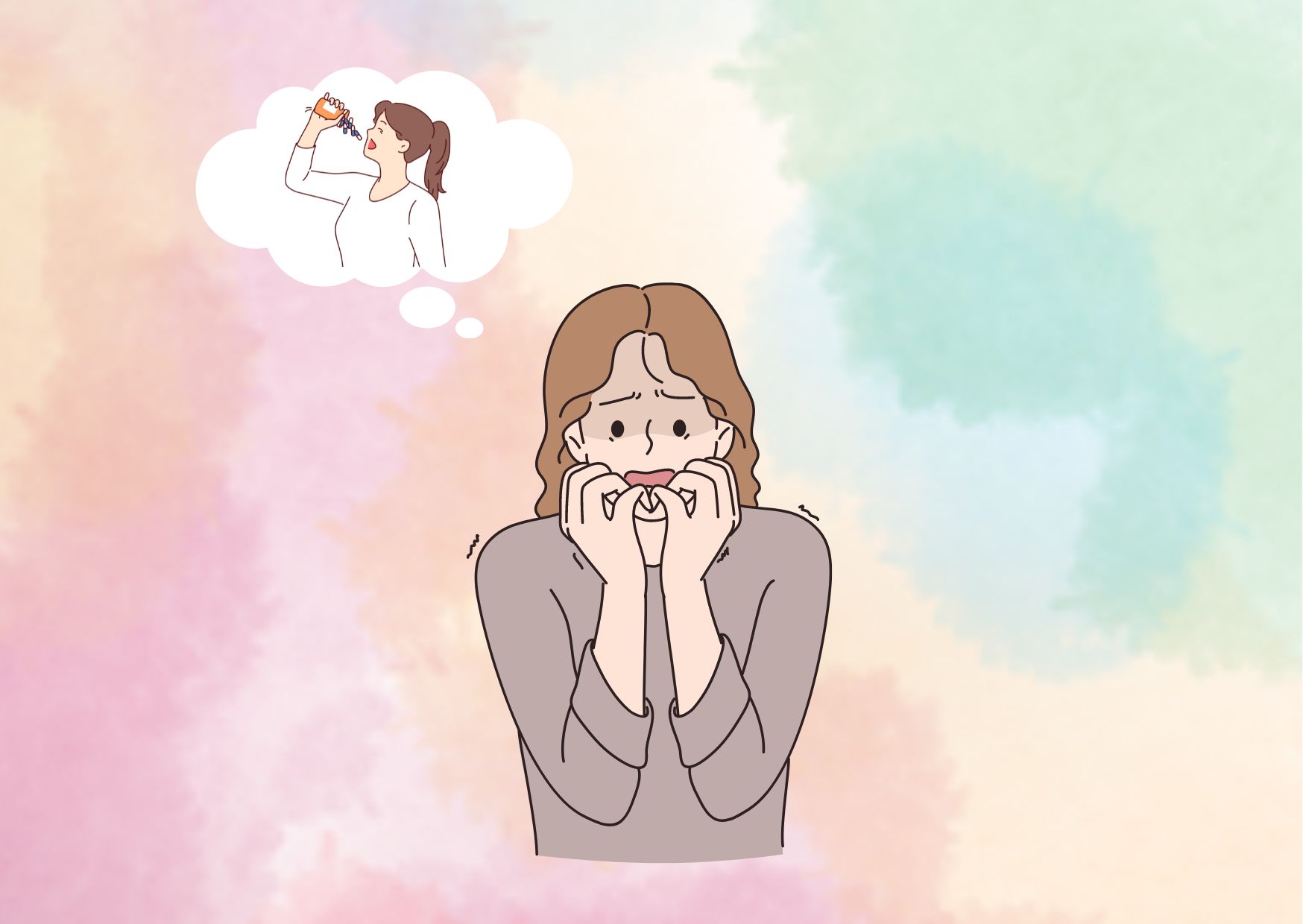Illness Anxiety Disorder: Understanding the Causes, Symptoms, and Treatment Options
Illness Anxiety Disorder (IAD), previously known as Hypochondriasis, is a mental health condition characterized by excessive worry and fear about having a serious medical condition. Individuals with Illness Anxiety Disorder often experience persistent anxiety and preoccupation with the possibility of having a severe illness, despite the absence of medical evidence to support the belief.
Introduction
Mental health is a crucial aspect of overall well-being, and understanding different disorders is essential for promoting emotional wellness. One such disorder is Illness Anxiety Disorder, also known as hypochondria or health anxiety. In this article, we will delve into the causes, symptoms, and treatment options for Illness Anxiety Disorder. We will explore the various aspects of this condition, providing valuable insights into its impact on individuals’ lives and how professional help, such as online counseling and therapy, can offer support.
Understanding Illness Anxiety Disorder
Illness Anxiety Disorder is a type of anxiety disorder characterized by excessive worry and fear of having a serious illness, even in the absence of medical evidence. People with this disorder often misinterpret bodily sensations or normal symptoms as signs of a severe medical condition. The preoccupation with health concerns can significantly impact their daily lives, relationships, and overall well-being.
Causes of Illness Anxiety Disorder
The exact causes of Illness Anxiety Disorder are not fully understood. However, several factors may contribute to its development. Individuals with a history of childhood trauma, such as abuse or neglect, may be more prone to developing this disorder. Extreme stress, health anxieties, or other anxiety disorders in the family can also increase the risk. Additionally, experiencing a childhood illness or having a family history of serious illnesses during childhood may play a role. Mental health issues, including anxiety and depression, as well as traumatic experiences like rape or abuse, can further contribute to the development of this disorder.
Symptoms of Illness Anxiety Disorder
Key features of Illness Anxiety Disorder include:
Excessive Worry: Individuals with IAD engage in excessive worry about their health and often misinterpret bodily sensations as signs of a serious illness.
Frequent Doctor Visits: They may seek medical attention repeatedly, even after receiving reassurance from healthcare professionals that there is no evidence of a severe medical condition.
Persistent Symptoms: The anxiety and preoccupation persist for at least six months, leading to significant distress and impairment in daily functioning.
Catastrophic Thinking: Individuals with IAD tend to imagine the worst-case scenarios regarding their health, and their fears are often out of proportion to the actual likelihood of having a serious medical condition.
Difficulty Being Reassured: Reassurance from doctors or negative test results may provide only temporary relief, and individuals with IAD may quickly find new reasons to worry about their health.
Health-Related Internet Searches: There may be a pattern of excessive research about medical conditions on the internet, leading to heightened anxiety.
It’s essential to note that individuals with Illness Anxiety Disorder are not intentionally feigning symptoms or malingering. The distress they experience is real, and the excessive worry about health can significantly impact their quality of life.
Suggestion for read: Worry and Anxiety
